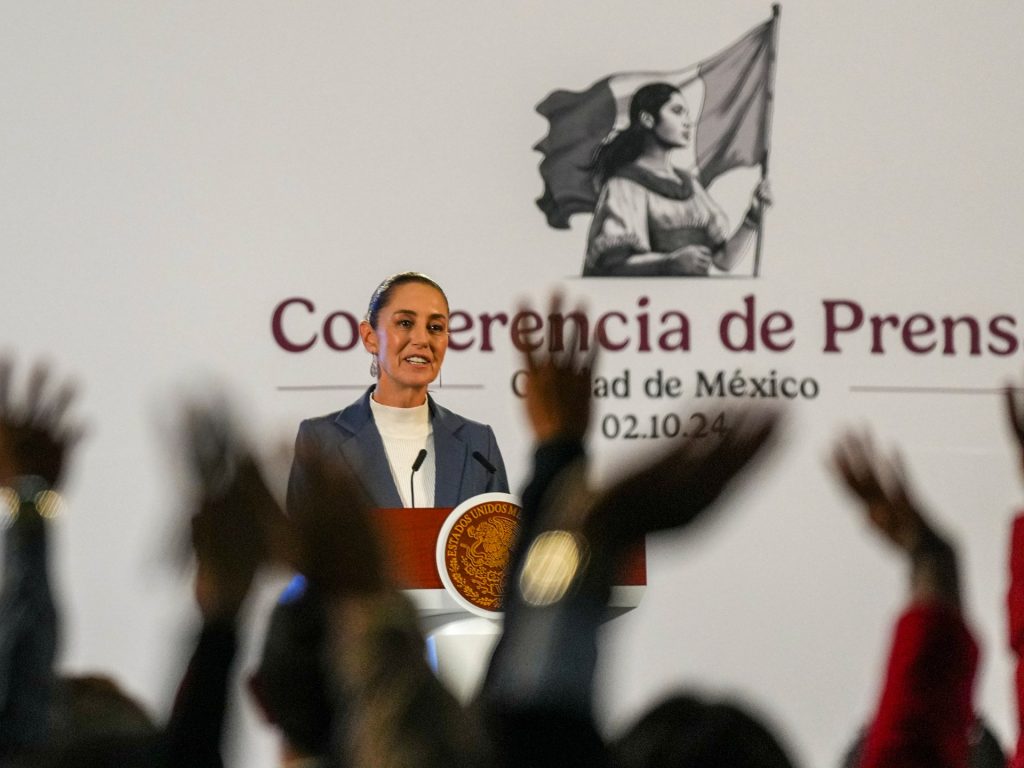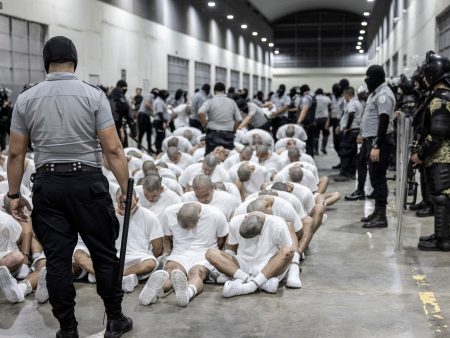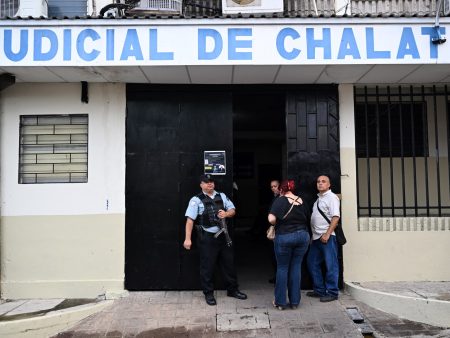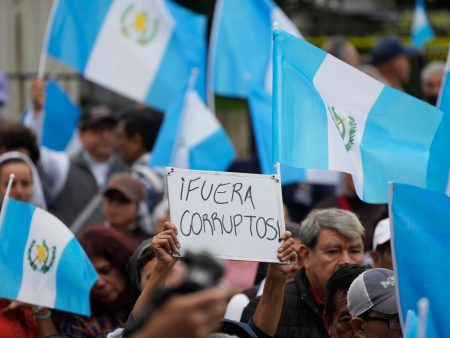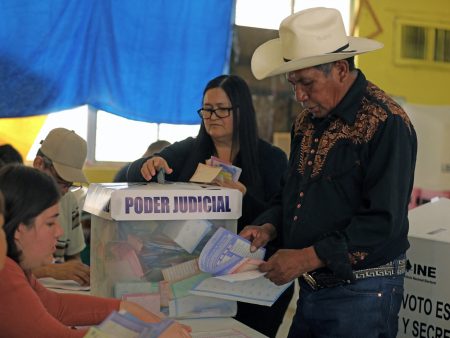A recent vote in Mexico’s Senate has sparked substantial controversy following the decision to dismantle seven independent government watchdogs, a move that has drawn stern criticism from political opposition groups. The ruling Morena Party, led by President Claudia Sheinbaum, championed the measure, arguing that it would streamline government operations and cut unnecessary expenditures. However, opposition leaders, such as Alejandro Moreno Cardenas, president of the Institutional Revolutionary Party (PRI), labeled the dissolution of these autonomous agencies as a direct assault on democracy and citizens’ rights. He emphasized that these institutions served as vital components of transparency and accountability, ensuring public access to critical information regarding governmental actions. The dismissal of these oversight bodies has thus been interpreted as a step backward for Mexican democratic integrity.
One notable agency affected by this reform is the Institute for Information Access and Transparency (INAI), which has been instrumental in investigating significant government cases, most prominently the 2014 Ayotzinapa incident involving the disappearance of 43 college students. INAI’s advocacy for transparency revealed the involvement of the military and highlighted flaws in the official investigations, which had been marred by allegations of false evidence. Other targeted bodies include the Federal Telecommunications Institute (IFT), Energy Regulatory Commission (CRE), National Hydrocarbons Commission (CNH), and the National Commission for the Continuing Improvement of Education (MEJOREDU). The bill’s passage in the lower house of Congress, supported by a vote of 347 to 128, followed by an 86 to 42 Senate vote, indicates a decisive governmental push to transform the oversight landscape, with state approvals pending.
Despite the apparent momentum behind the reform, critics remain deeply concerned about the implications of merging these agencies into existing executive offices. With a significant majority of state legislatures held by the Morena Party, approval from at least 17 out of 32 states is anticipated, given precedent with states like Zacatecas and Mexico City already endorsing the change. Detractors warn that the move will exacerbate corruption, diminish public trust in governance, and erode essential checks and balances within the political system. Opponents, including Moreno Cardenas, have called for resistance against what they perceive as an authoritarian trend within the ruling party, voicing commitments to defend transparency and civil rights within the country.
Former President Andres Manuel Lopez Obrador established the foundation for this dismantling during his term from 2018 to 2024, frequently criticizing agencies like INAI for what he deemed excessive spending and biased politics. His successor, Sheinbaum, has followed his path, asserting that folding these independent institutions into government frameworks would enhance transparency rather than undermine it. In her defense of the reform, she claimed it would facilitate easier access to governmental information and significantly reduce opportunities for corruption, a narrative that has been met with skepticism from media rights advocates and watchdog groups. They argue that such consolidation risks politicizing bodies critical to maintaining government accountability, which could profoundly unsettle the democratic framework in Mexico.
Media organizations and transparency advocates like the Mexican Association for the Right to Information (AMEDI) have voiced their opposition, emphasizing the importance of these agencies’ independence for a functional democracy. They pointed out that subjecting these bodies to federal executive control heightens the risk of politicization, undermining their impartiality and compromising the rights of all citizens. Experts such as Fernando Nieto-Morales have articulated concerns about the larger implications of this legislation, warning that it may signify a regression in Mexico’s democratic progress. The further erosion of institutional checks threatens to diminish the necessary safeguards that protect against government overreach and misuse of power.
The future of INAI, which has been pivotal in unearthing governmental malfeasance, including a significant embezzlement scandal known as the “master scam,” now hangs in the balance. Advocates for transparency assert that without INAI’s capabilities, vital information regarding government operations may become increasingly obscured. INAI’s head, Adrian Alcala, has highlighted the unique role that the agency plays in fostering transparency, contending that its dissolution would deprive Mexico of a critical tool necessary for combating corruption and securing governmental accountability. As the contentious debate fosters divisions within the political landscape, the ramifications of the vote remain unclear, laying bare the fragile state of democracy in Mexico and the contentious nature of governmental oversight.




